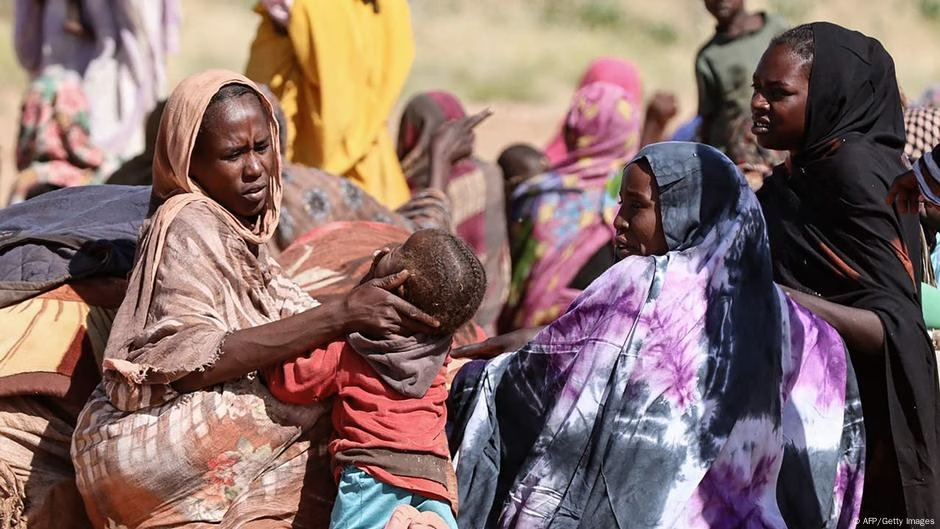The ongoing conflict in Sudan, now nearly two years old, has escalated between the Sudanese Armed Forces (SAF) and the paramilitary Rapid Support Forces (RSF), along with their respective allies. Initially sparked by disagreements over the integration of RSF into SAF during Ramadan in April 2023, this conflict has led to Sudan facing the world’s most significant humanitarian and displacement crisis. The war has been marked by constant fighting, cholera outbreaks, and now risks fragmenting into two rival administrations.
Both the RSF and SAF have made significant moves towards establishing their control, with the RSF’s attempt to establish a “Government of Peace and Unity” in regions under their control being vehemently opposed by the international community, including the United Nations and the African Union. This situation exacerbates the already dire humanitarian situation, with millions displaced and at risk of worse conditions, including famine and cholera outbreaks, as well as ongoing fighting.
Experts and human rights activists warn of the devastating effects of a potential partition of Sudan on the populace, fearing it could further distance Sudanese people from peace, justice, and freedom. International influence also plays a crucial role in the conflict’s outcome, with both parties receiving support from different countries, further complicating the path to peace. Despite efforts by various international bodies to mediate and resolve the conflict, the situation in Sudan remains dire, with no end to fighting and suffering in sight.
Source: https://www.dw.com/en/could-sudan-be-split-into-two-countries/a-71923002?maca=en-rss-en-all-1573-rdf








